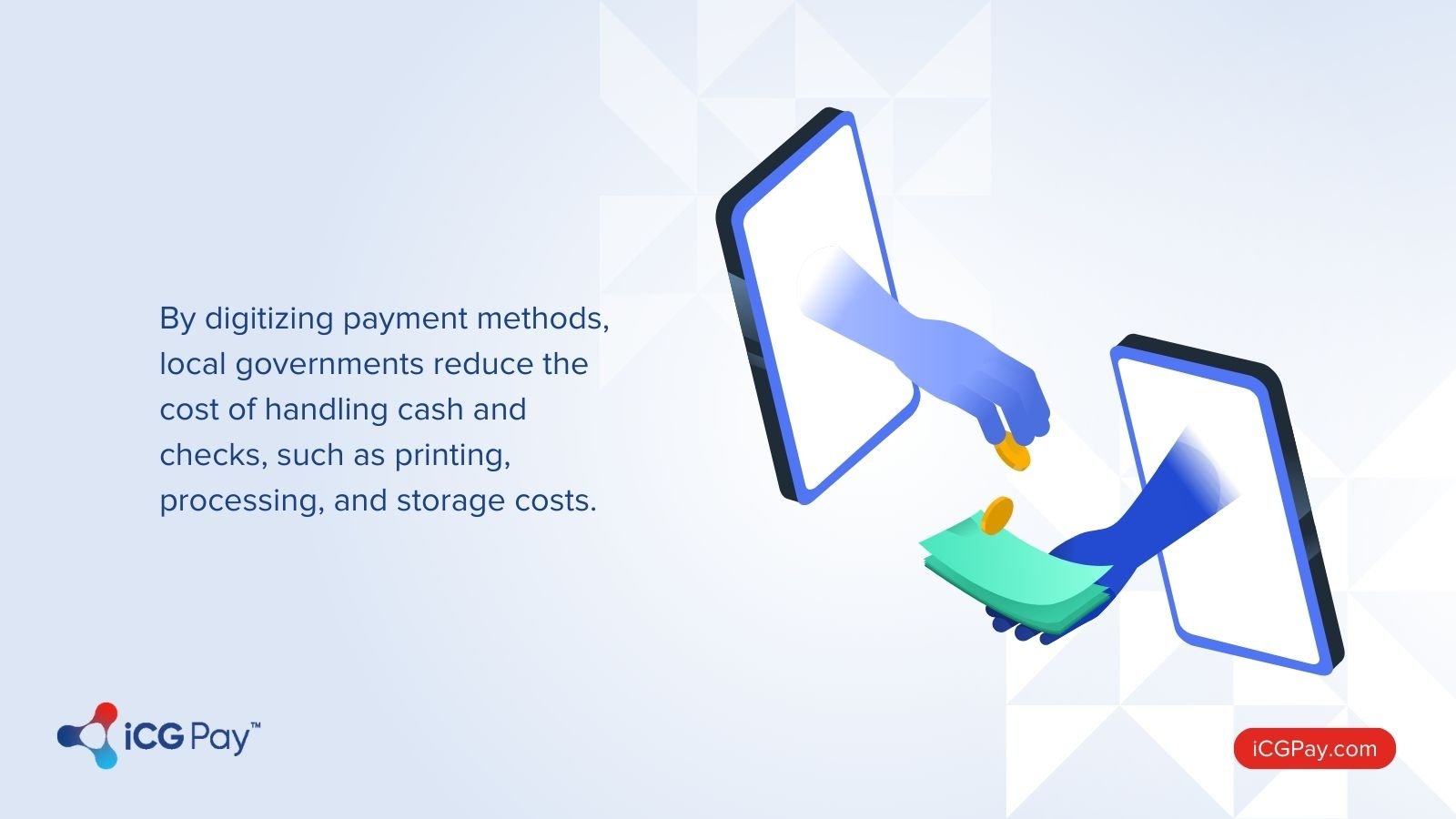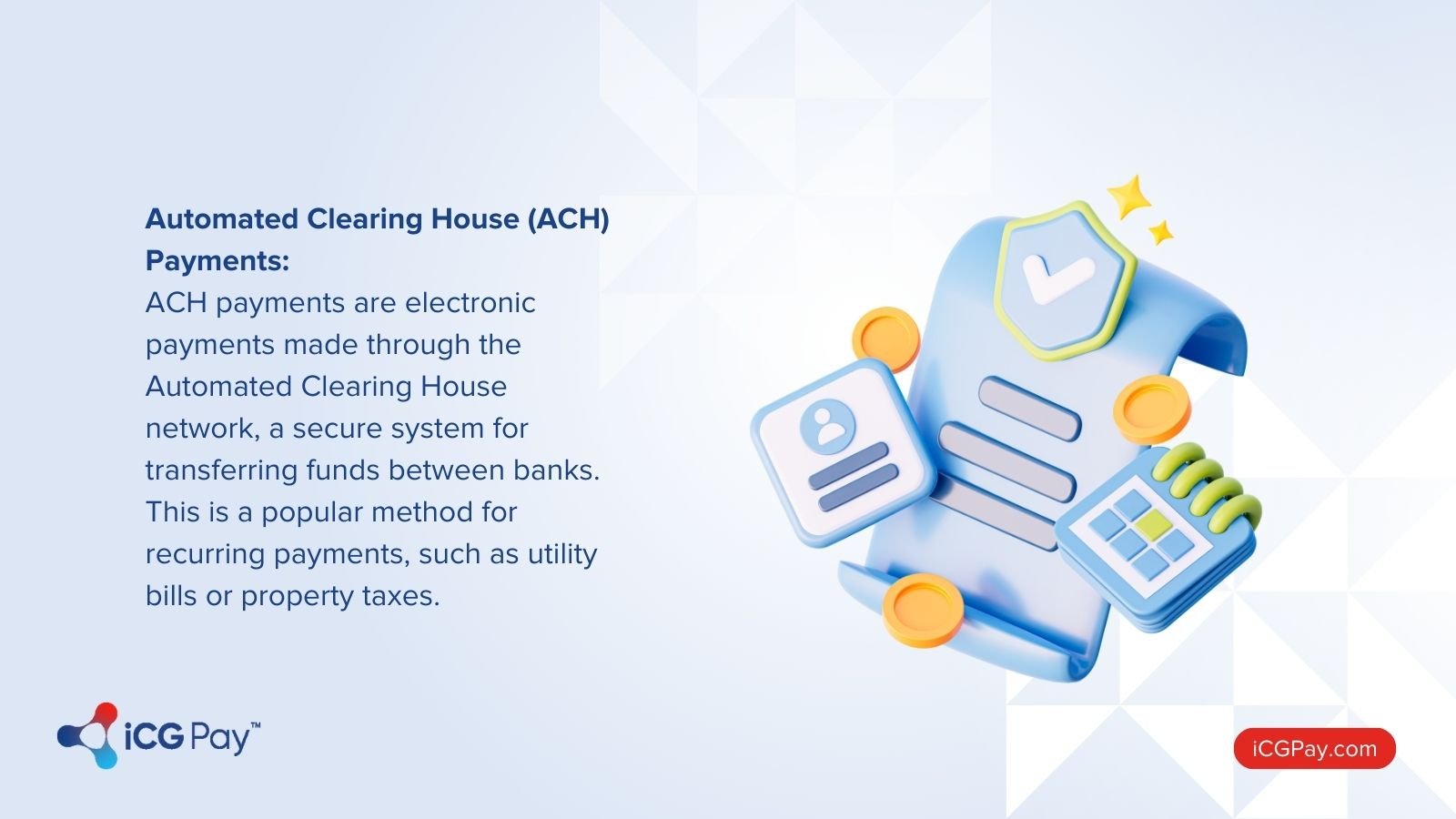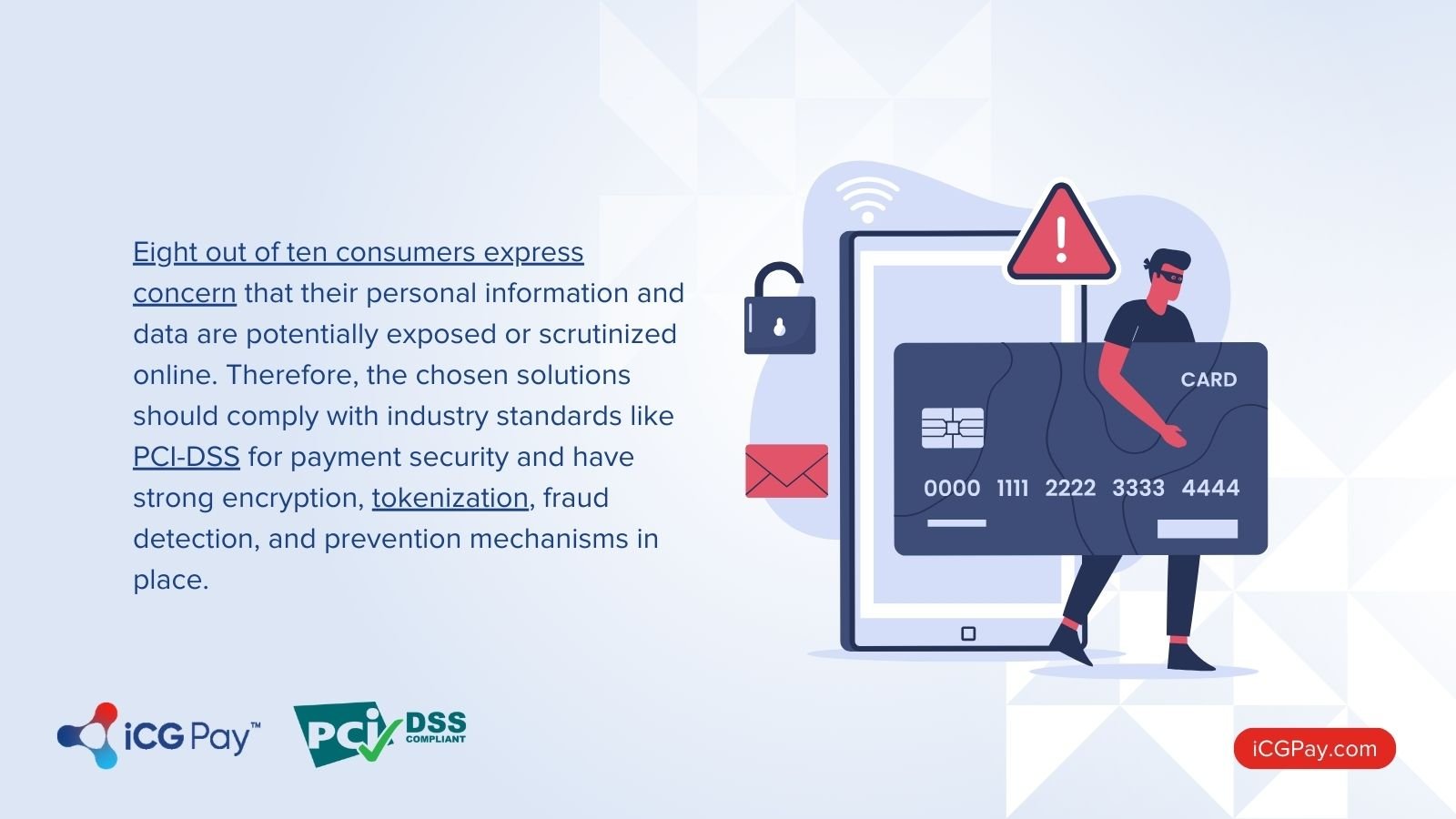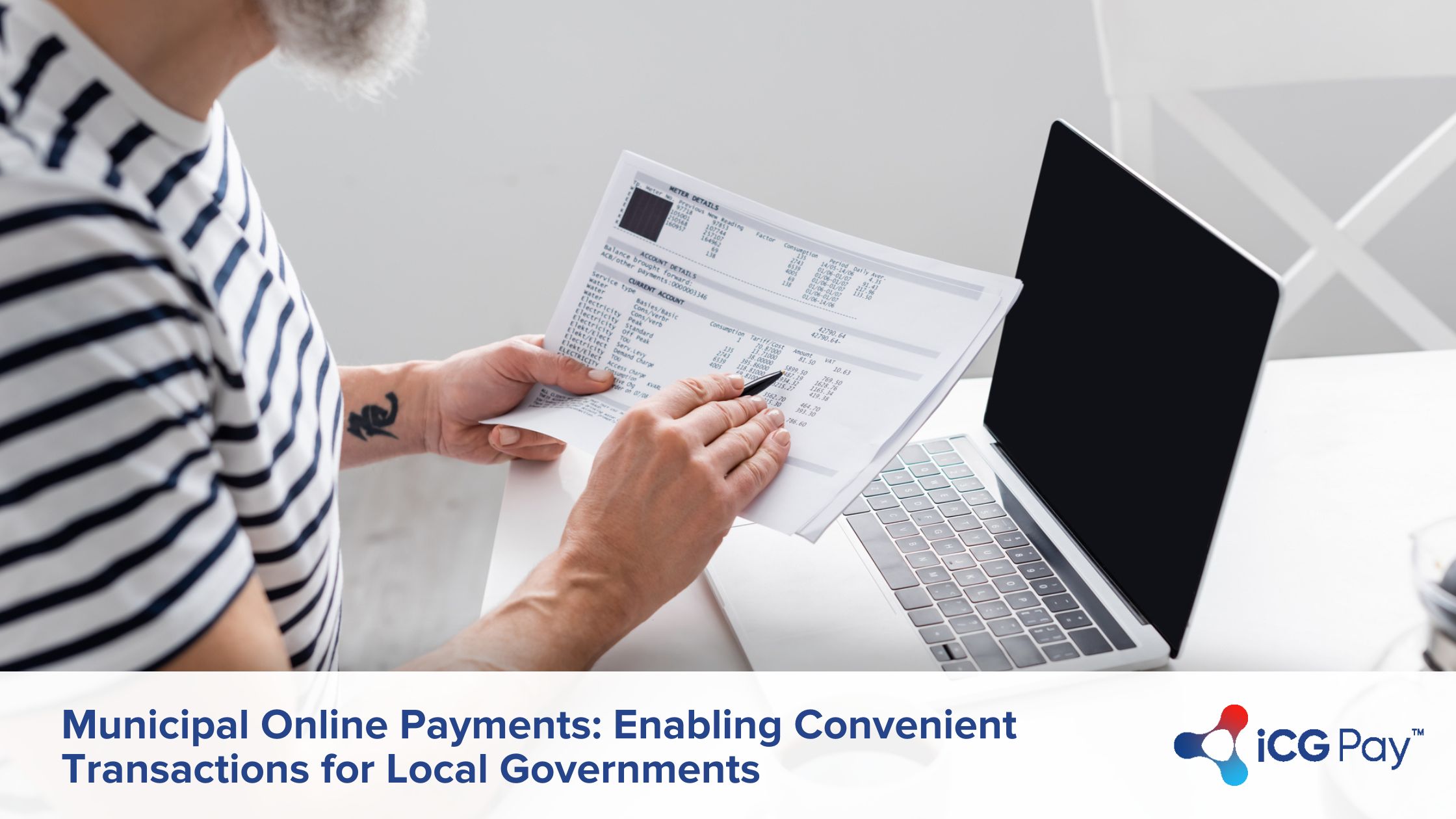According to the 2020 McKinsey Global Payments Report, the COVID-19 pandemic accelerated a series of trends in consumer and business behaviors. This includes shifts toward eCommerce, digital payments (contactless, EFT payments), instant payments, and cash displacement.
However, institutions like local governments and municipalities are usually slow to evolve.
This often occurs due to budget constraints, bureaucratic inertia, and concerns about data security.
Considering the increasing demand for digitized services, municipalities need to adapt and innovate to meet their constituents' expectations.
So, how can local governments enable online payments for their services? Are there any convenient payment options available for local government transactions?
The Benefits of Online Payments for Local Governments
Implementing online payments is a no-brainer. Online payments come with a lot of benefits:
Efficiency and Convenience
The traditional methods of payment often involve time-consuming and tedious processes. The process of manually reconciling payments is also error-prone. Online payments streamline these processes and significantly reduce the time and effort of handling transactions. Plus, with 24/7 availability, people can make payments anytime, not just during office hours.
By transitioning to smart payment solutions, local governments can offer convenience to their employees and constituents.
Cost Savings
By digitizing payment methods, local governments reduce the cost of handling cash and checks, such as printing, processing, and storage costs. Also, for example, when using the iCG Pay (formerly known as iCheckGateway.com) payment service fee model, you can pass the processing fees to the constituents.
Finally, you reduce labor costs by automating payment collection and financial management.

Improved Revenue Collection
Online payments enhance revenue collection efficiency. How? Automatic reminders and easy payment options reduce the incidence of late or missed payments, thereby ensuring a steady flow of revenue.
Enhanced Service Delivery
Implementing online payments is part of a broader shift towards digital public services, which can significantly improve service delivery. In 2021, four in five Americans used some form of digital payment. So, a significant percentage of people prefer online payments.
It allows residents to access services quickly and easily, enhancing their overall experience and satisfaction.
Understanding Municipal Online Payment Solutions
Local governments have a variety of online payment solutions. These options range from basic to advanced, depending on the specific needs and budget of the municipality.
Here are a few to consider:
- ePayment Portals: These are custom websites or platforms where constituents can directly pay for services, taxes, fines, and licenses. These portals accept payment methods, like credit and debit cards, electronic funds transfers (EFTs), and digital wallets.
- Mobile Payment Apps: With the widespread use of smartphones, many municipalities are adopting mobile payment apps. These apps allow constituents to make simple mobile payments anytime, anywhere, often with just a few taps on their phone. Some apps also provide features like payment reminders and digital receipts.
- Automated Clearing House (ACH) Payments: ACH payments are electronic payments made through the Automated Clearing House network, a secure system for transferring funds between banks. This is a popular method for recurring payments, such as utility bills or property taxes.
- Interactive Voice Response (IVR) Systems: IVR systems offer a phone-based solution for constituents who may not have reliable internet access or are uncomfortable with technology. Users call a dedicated phone number and follow voice prompts to make payments.
- Payment Gateways: These third-party services provide the infrastructure to securely transfer transaction information between a payment portal and the payment processor. A payment gateway allows residents to make secure online payments. The gateway encrypts sensitive information, such as credit/debit card numbers, to ensure the data passes securely between the customer and the merchant and between the merchant and the payment processor.

Key Considerations for Implementing Municipal Online Payment Solutions
As with any other strategic partnership, there are several key considerations that local governments must take into account when choosing and implementing municipal online payment solutions:
Security
Ensuring the security of users' data and transactions should be the highest priority.
Eight out of ten consumers express concern that their personal information and data are potentially exposed or scrutinized online. Therefore, the chosen solutions should comply with industry standards like PCI-DSS for payment security and have strong encryption, tokenization, fraud detection, and prevention mechanisms in place.

Ease of Use
A simple, intuitive interface will greatly improve user adoption. Consider the end-user experience for staff and constituents — from the layout and design of the payment portal to the clarity of instructions.
Integration Capabilities
The solution should ideally integrate well with existing systems used by the municipality, such as accounting software, CRM systems, or other data management platforms. This greatly improves efficiency and data consistency.
Scalability
The solution should be able to grow and adapt as the needs of the municipality change.
Scalability in handling increased transaction volumes, additional services, or integrating with other systems is important for long-term utility.
Online Payment Solution Options for Local Governments
Local governments manage a variety of transactions ranging from:
- Property tax payments
- Utility bill payments
- Parking tickets
- Permit fees
Municipalities can simplify these processes, increase efficiency, and enhance citizen satisfaction by implementing official payments through online platforms. A survey by McKinsey & Company found that citizens prefer digital services and interactions with governments.
Here are a few specific online payment solution options:
Hosted Payment Portals
Payment portals provide a secure web page operated by a third-party provider who handles payment processing and data protection for online transactions.
Hosted payment portals can be customized to handle various types of payments.
For instance, a resident could log into the portal, view their latest property tax bill, and pay directly on the portal using a credit card or bank transfer. Similarly, permit applicants can apply, track their applications, and pay their fees all through the portal.
Interactive Voice Response (IVR) Technology
IVR technology is useful for handling payments over the phone, using pre-recorded scripts and touch-tone or speech recognition technology.
A resident calls in and navigates through the voice prompts to reach the utility bill payment option, enter their account number and payment details, and complete their payment.
Email Invoicing
The local government can send an email invoice to residents for their property taxes, utility bills, parking tickets, or permit fees.
The invoice would contain a link to an online payment system where the resident can pay their bill. This system is efficient and reduces the use of paper.
Implementation and Integration Process
Implementing and integrating an online payment solution is a complex process. It requires strategic planning and coordination.
See the summary table below on what to do:
1. Needs Assessment
- Conduct a thorough assessment of the local government's needs.
- Understand the types of payments to be processed, the volume of transactions, security requirements, integration with existing systems, and the budget available for implementing the solution.
2. Vendor Selection
- Consider features and functionality of the solution, security measures, ease of use, customer support, cost, and the vendor's reputation and track record.
3. Integration and Configuration
- This step involves integrating with the local government's website, accounting software, or other systems.
4. Testing
- Before going live, conduct thorough testing to ensure the system is functioning as expected.
5. Training
- Train the staff who will be using the system.
- Train them on how to process payments, manage user accounts, generate reports, and handle any issues that may arise.
6. Evaluation and Improvement
- Gather user feedback, analyze usage data, and assess the system's impact on revenue collection and customer satisfaction.
Case Studies: Successful Implementation of Municipal Online Payment Solutions
Boston PayTix
In 2017, the City of Boston introduced a new online billing system for parking ticket payment called “Boston PayTix”.
The free app provides parking ticket payment reminders and alerts. Users can also see their parking history and unpaid parking tickets using the app.
"We've seen through other city initiatives, such as ParkBoston and 311, that mobile apps are a great tool, and we look forward to continuing to find new ways to utilize technology to improve basic city services," said Mayor Walsh.
City of Austin Utilities
The City of Austin Utilities platform allows residents to view their account information, make payments, and sign up for paperless billing.
The system is designed to improve customer service and reduce the number of delinquent accounts.
Customers can pay their bills securely and track usage through the online portal.
Conclusion
As local governments seek to provide efficient, convenient, and secure payment options for their constituents, online payment solutions are indispensable.
These solutions offer a way to streamline operations, boost revenue, and enhance citizen satisfaction, as demonstrated by the successful implementations in cities across the United States.
But the journey to digital transformation doesn't need to be overwhelming. With the right partner, like iCG Pay, local governments can empower their agencies to manage multiple forms of payments under one solution.
An understaffed agency should never hinder daily operations. With iCG Pay's tools, like hosted payment portal and IVR technology, your citizens can make payments securely, online or by phone, freeing your staff for other essential tasks.




